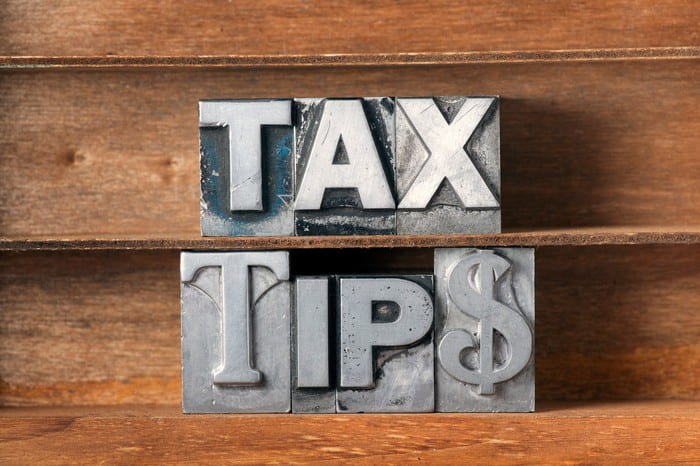Sam Pinchevsky III
Contributing Writer
As shocking as it seems, the first month of the decade is quickly coming to a close, and tax season is right around the corner.
Although it is quite a second nature task to long-time employees, it may be some students’ first rodeo in terms of this once-a-year task all Americans must endure.
For those who go into this period blindly, the Observer has put together a couple quick tips to ensure a fast and easy tax filing process.
Verify if it is necessary to file taxes in the first place.
Before engaging in any thoughts on whether one should file taxes, it must be clear to an individual if it is imperative to do so at all.
If one is under the age of 24, is single and makes less than $12,200, they can be claimed as a dependent, and are not required to file.
However, even in the case that you aren’t required, for some, it may not be a terrible idea to do it anyway.
There is money withheld from every check for all employees for different reasons.
Employers often deduct for social security as well as income taxes.
When opting to file, you are eligible to receive this money back!
Round up all necessary resources.
When deciding to file, or paying someone to file, all the paperwork and information mandated to complete the process must be put together.
Documents like your W-2 forms from an employer, 1099 forms for those who are self-employed, 1098T for students who paid for their classes out of pocket and for those who possibly have a retirement fund or savings plan a 1098I.
All these forms are crucial as they can maximize a return or diminish the amount that is owed to the IRS.
Remember to submit a social security number or school expenses and know that keeping a record of all student expenses can also be used as a benefit during this time.
Start Early
Being punctual with the IRS is also important. If an individual is required to file their taxes, the deadline is April 15. If not done in time, the IRS has several ways of penalizing those who are late.
One way is that according to irs.gov, “the penalty for filing late is normally 5 percent of the unpaid taxes for each month or part of a month that a tax return is late. That penalty starts accruing the day after the tax filing due date and will not exceed 25 percent of your unpaid taxes.”
What to expect after filing
Once a first-timer is all finished filing, tax refunds are expected to be sent out within 3 weeks, but several people receive them in less time.
If filing on the internet, a refund can be sent right to a checking account via direct deposit.
pincs4@mail.broward.edu
